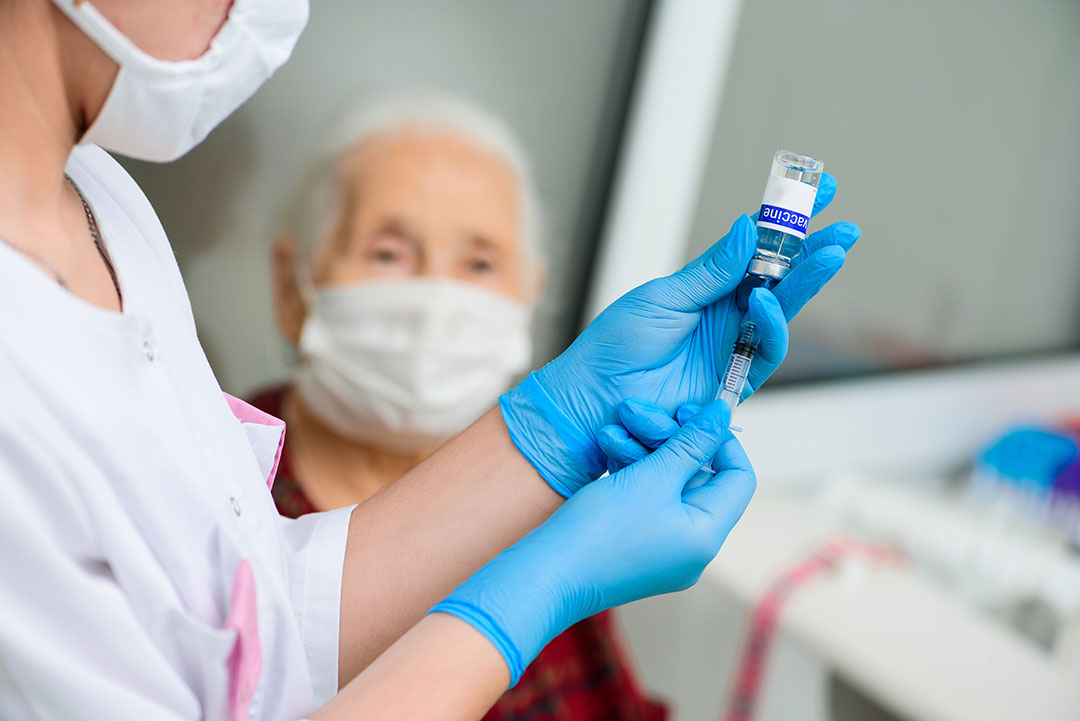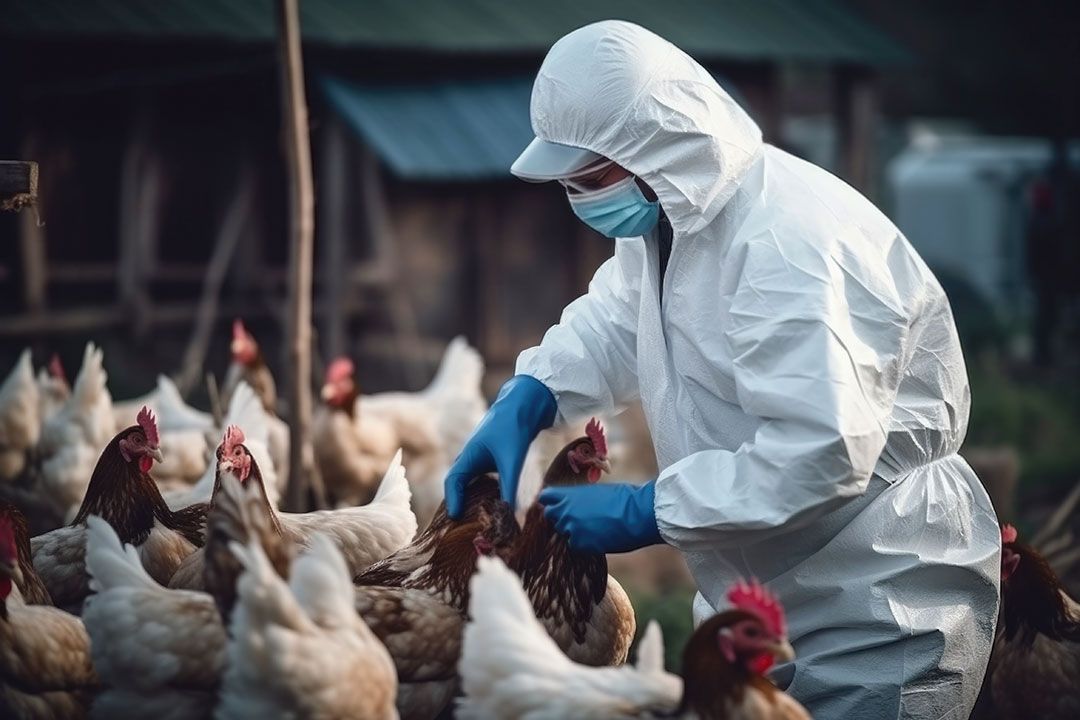Prioritise first doses of COVID-19 vaccines over boosters, say WHO experts
3.6 million people have still not had even their first dose of COVID-19 vaccine. Ensuring every adult has received at least one dose should be our focus for 2022.
- 17 January 2022
- 3 min read
- by Linda Geddes

Despite increased global supplies of COVID-19 vaccine, average vaccination coverage in Africa stood at just 17% in 2021, say members of the WHO’s Strategic Advisory Group of Experts on Immunization (SAGE), writing in The Lancet.
The way that new variants of the virus are emerging is changing. The first four variants of concern were discovered in countries that were experiencing high numbers of infections, before vaccines became widely available and people had low immunity. However, Omicron was first identified in South Africa, where many had recently been infected with the Delta variant and therefore had some immunity to COVID-19, although vaccination rates in young adults were relatively low.
Although boosters may be necessary for the prevention of severe disease among people who are severely immunocompromised or over the age of 60, providing booster doses for all adults in these countries could compromise timely global availability of first doses for others.
As we’re seeing worldwide, those most susceptible to severe disease are likely to be people who have never been vaccinated against or infected with SARS-CoV-2. This means that people already vulnerable because of lack of access to healthcare are now at much higher risk if they get COVID-19.
First doses are powerful protectors
Being infected with COVID-19 can prime our immune systems to ward off infection again to some extent but, even among people who have never been infected, a single dose of mRNA or viral vector-based vaccine (e.g. the AstraZeneca vaccine) provides strong short-term protection against severe disease, studies suggest.
Have you read?
Because of this, maximising supply of first doses is a good idea and likely to have maximum impact in settings where vaccine supply is limited and coverage low, the SAGE experts said.
Meanwhile, among those who already have antibodies due to past infection, accumulating evidence suggests a single dose of vaccine provides substantial protection against reinfection.
Greater impact from second doses vs. boosters
Even in high-income countries with large populations at high risk of severe disease due to their age and existing medical conditions, increasing second dose coverage among unvaccinated individuals is likely to have a greater public health impact than providing booster doses to those who have been fully vaccinated, says SAGE.
Although boosters may be necessary for the prevention of severe disease among people who are severely immunocompromised or over the age of 60, providing booster doses for all adults in these countries could compromise timely global availability of first doses for others.
“The emergence of Delta and now Omicron further reinforces the importance of access to COVID-19 vaccines globally and equitably for the health of all,” the authors concluded.
“Constrained vaccine supply has driven opportunities for SARS-CoV-2 to mutate to be more infectious. The emergence of Omicron has emphasised that further delay in widely delivering at least first doses is fraught with peril for all.”









